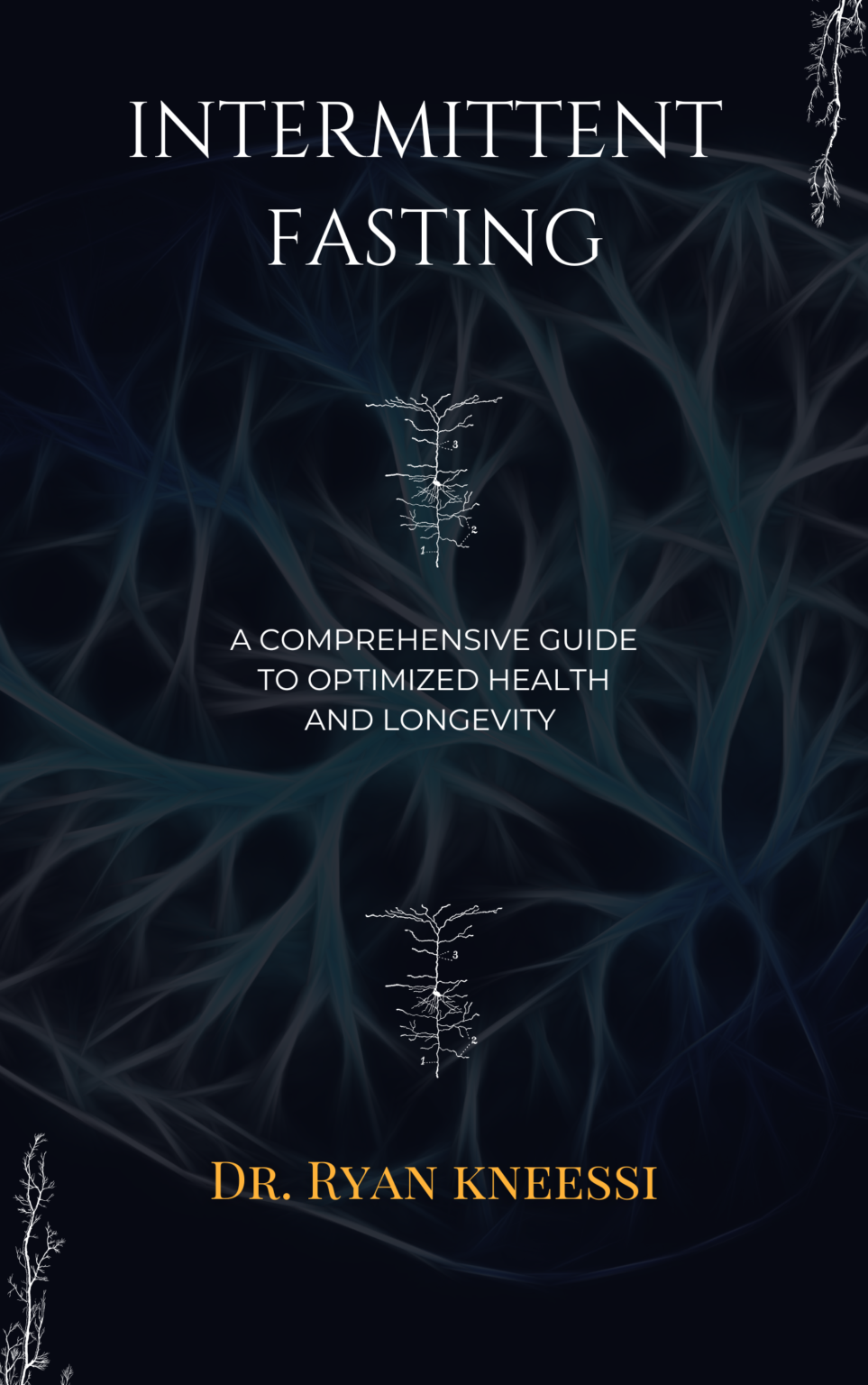Intermittent fasting has been shown to decrease inflammation, which is a common underlying factor in many chronic diseases, through several different mechanisms. Let’s take a look at some of these mechanisms involved in reducing inflammation. Reducing Oxidative Stress Intermittent fasting has been shown to reduce oxidative stress, which is a state of imbalance between the […]
Month: February 2023
Mitochondrial Function
Introduction Mitochondria are often referred to as the “powerhouses” of the cell because they generate energy in the form of adenosine triphosphate (ATP), which is used to fuel various cellular processes. Mitochondria have a unique structure, consisting of an outer membrane and an inner membrane. The outer membrane is permeable and allows small molecules to […]
Impact on Energy Balance and Body Composition
Intermittent fasting can have significant impacts on energy balance and body composition. By reducing energy intake, intermittent fasting can create a negative energy balance, where the body burns more calories than it consumes. This can lead to weight loss and improvements in body composition. Additionally, intermittent fasting can improve energy expenditure, increasing the number of […]
Metabolic Adaptation
Metabolic adaptation, also known as adaptive thermogenesis, is the phenomenon where your body adjusts its metabolic rate in response to changes in caloric intake and physical activity. Metabolic rate refers to the amount of energy your body uses to perform various bodily functions, such as breathing, circulating blood, and digesting food. Your metabolic rate is […]
Historical Use
Fasting and intermittent fasting have been practiced throughout human history for various purposes, including religious, cultural, and health. Here are some notable historical uses for fasting and intermittent fasting: Religious and Spiritual Practices Fasting has been an integral component of numerous religious and spiritual practices across various cultures and belief systems. While I am not […]
Anti-Nutrients
Anti-nutrients are compounds found in plant-based foods that can interfere with the absorption of certain nutrients, leading to reduced bioavailability and potential nutrient deficiencies. We’re not eliminating all anti-nutrients, as those foods have many other beneficial phytochemicals. It’s important to note which foods are high in these anti-nutrients and to consume in moderation only. Phytates […]
Micronutrients
The Science Behind Phytochemicals and Micronutrients Phytochemicals are naturally occurring compounds found in plants that have been shown to have a wide range of health benefits. For example, they can act as antioxidants, reduce inflammation, and support immune function. Micronutrients (vitamins and minerals) are essential for many physiological processes, including immune function, metabolism, and tissue […]
Macronutrients
Macronutrients are essential nutrients that are required in large quantities by the body for energy production, growth, and repair. They include carbohydrates, proteins, and fats, and they play a vital role in maintaining the body’s structure and function. Each macronutrient has a unique function in the body, and a proper balance of these nutrients is […]
The Impact on Mental Health
Mental health is a complex and multifactorial issue, and while genetics, environmental factors, and life experiences all play a role, nutrient deficiencies can also impact mental health. A poor diet full of processed foods can have a significant impact on mental health through several mechanisms. Lets explore these mechanisms and the connection between nutrient deficiencies […]
The Impact on Inflammation
Introduction Chronic inflammation initiates through a complex interplay of cellular and molecular mechanisms within the body. It often begins as a response to harmful stimuli, such as pathogens, toxins, or tissue damage. When the immune system detects these threats, it releases a cascade of chemical messengers called cytokines, which attract immune cells to the affected […]


